Both professional and home cooks have been rinsing raw chicken and turkey before cooking it for what seems like forever. It's one of those divisive practices—either you do it or you don't, and people tend to be rather opinionated on their stances.
Pro-rinsers argue that it removes bacteria, and if Julia Child recommends it, how could it be bad? But in the years since Child wrote that "it is probably wise to give [chicken] a thorough washing and drying before storing or cooking," studies have found that rinsing often does more harm than good.
Does Washing Raw Meat Really Make a Difference?
It is true that some of the bacteria on the surface of the meat is removed by rinsing it in water, but it doesn't get them all. As the USDA's Ask Karen site explains, "some of the bacteria are so tightly attached that you could not remove them no matter how many times you washed."
What's really important when it comes to safety is the final temperature of the meat. Cooking chicken to 165°F kills all the bacteria on it whether you rinse it or not. As Jacques Pépin once said, "if bacteria could survive that oven, it deserves to kill me."
Why Is Rinsing Meat Unsafe?
The USDA has actually been advising against washing chicken for years. Remember how we said that rinsing meat removes some of the bacteria? Well, those bacteria all end up on your sink and any other surfaces the water splashes onto.
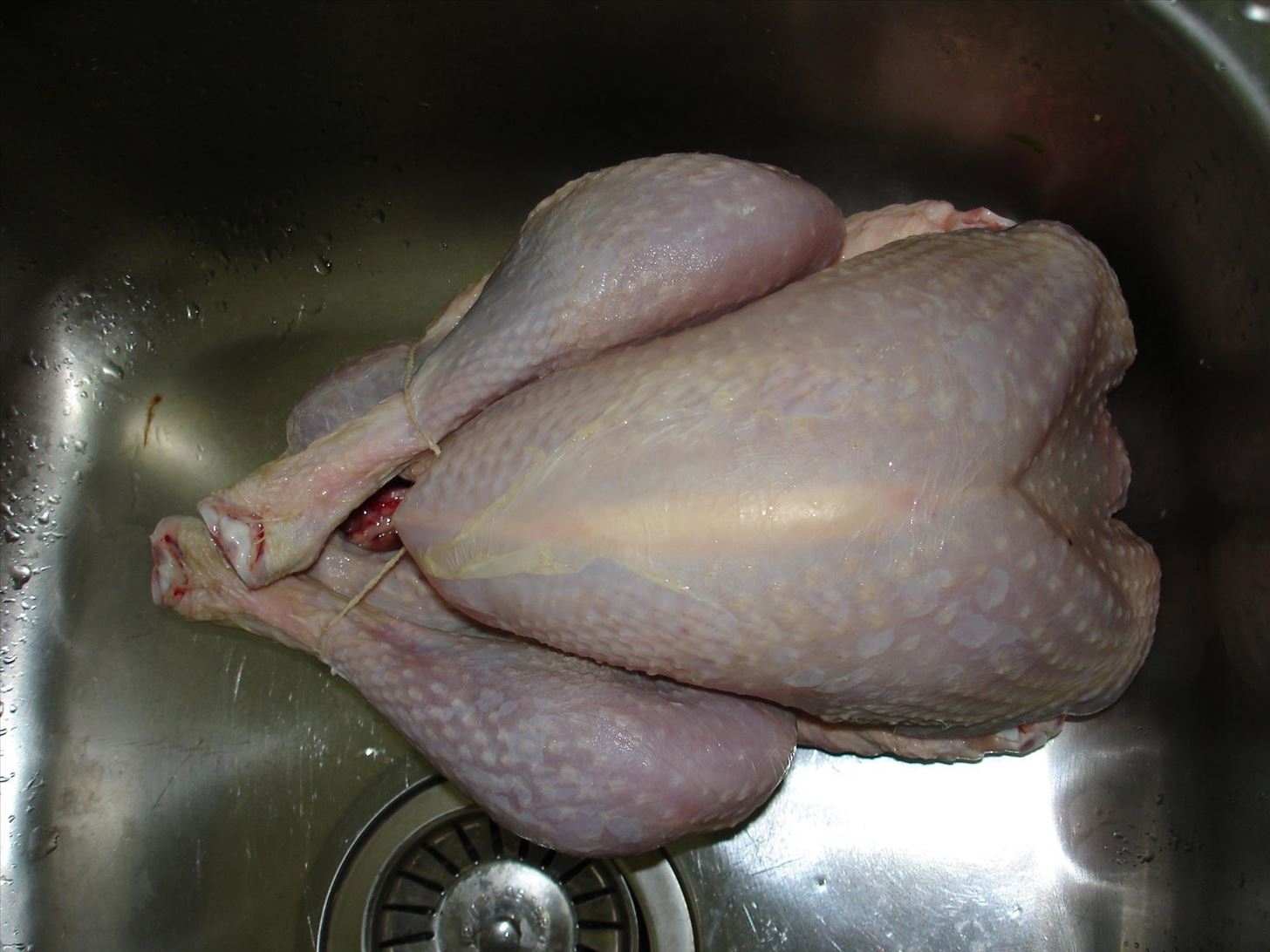
Some people argue that if washing bacteria off of chicken is considered unsafe, then washing your hands should be as well. But, as food safety researcher Jennifer Quinlan explained to NPR, "the bacteria that ends up on your hands after handling raw poultry is just a tiny fraction of what's found on the bird itself."
Quinlan and her fellow researchers at Drexel University were so convinced by their findings that they launched a campaign appropriately called Don't Wash Your Chicken! The campaign used a "Germ-Vision" animation to demonstrate how washing chicken can spread germs around the kitchen.
There Are a Few Exceptions
If there are any small bone fragments or slimy residues from giblets, you can rinse them away if you'd like. And, of course, if you can't bear the idea of cooking chicken without washing it, it's your prerogative to do so. Just make sure you sanitize your sink and anything in the splash zone afterwards.
If you rinse meat because you hate the slimy juices in the bottom of the package, you can just blot it dry with a paper towel instead (the skin will cook up much crispier if it's dry, anyway).
The bottom line is that it's not the end of the world if you keep rinsing your chicken or turkey, but your kitchen will be a lot cleaner if you don't. And, since we know you've got one, let us know your opinion on rinsing chicken in the comments.
Turkey photo via stepnout/Flickr
Just updated your iPhone? You'll find new emoji, enhanced security, podcast transcripts, Apple Cash virtual numbers, and other useful features. There are even new additions hidden within Safari. Find out what's new and changed on your iPhone with the iOS 17.4 update.
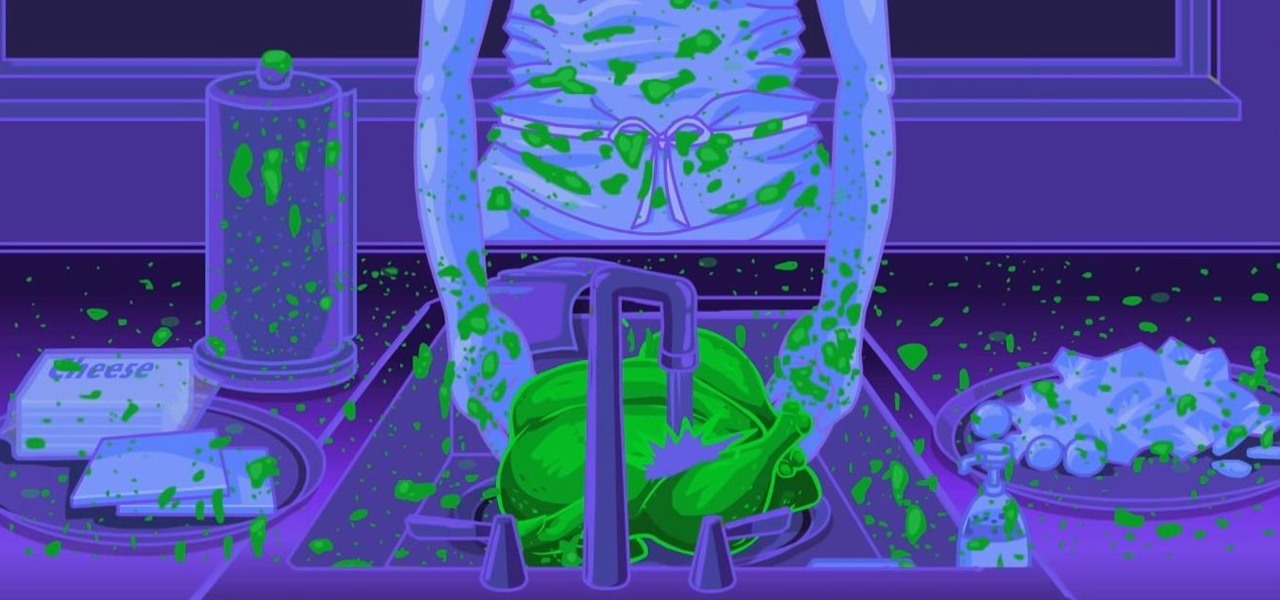


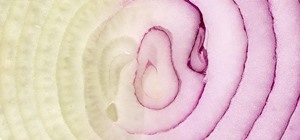
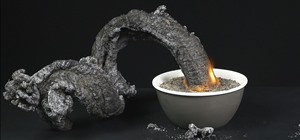
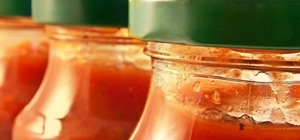
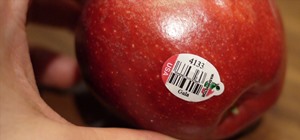
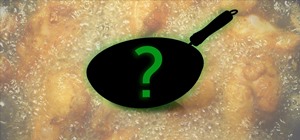

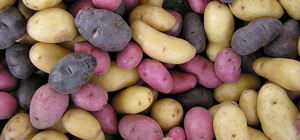
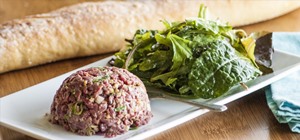
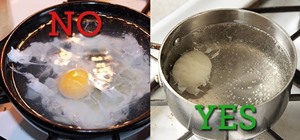
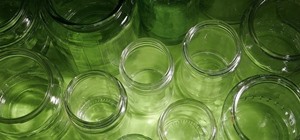
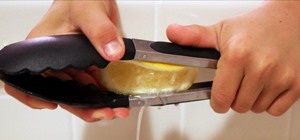
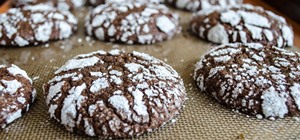

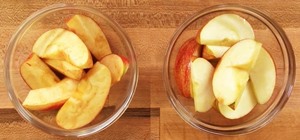
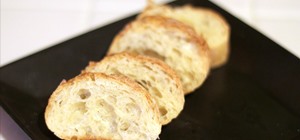
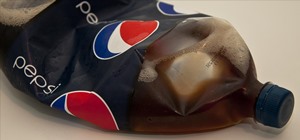
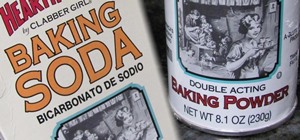
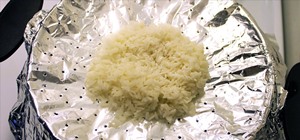

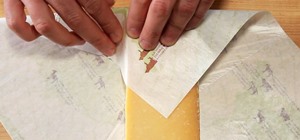
4 Comments
This anti-rinsing campaign is getting well out of hand and is bordering on the kinds of lunacy usually found only in UCB (university of california at berkeley) where the professors there suggested that a law be presented forcing us to not be capable of buying salt. MY opinion on that is make it illegal (death penalty illegal) in berkeley california only and let the rest of the planet alone.
as far as rinsing chicken, you NEED to rinse chicken off to get the bits and pieces off and clean it off (you EXPECT your chicken to be CLEAN when you buy it? it isn't) and as far as breading chicken, it NEEDS to be wet for the breading to stick to it. the water needs to be FLOWING in order to not make a nasty mess in the bowl if you dip your chicken to wet it. I suppose you COULD put the bowl in the sink, remove the aerator to make solid un-splashing water with water flow to wet your chicken for breading but why not simply keep things like the salad and other things well clear of the sink just like COMMON SENSE tells you to do? if somebody doesn't have common sense then they deserve what they get.
myself, I have a spray bottle of pure bleach right next to the sink for various reasons, one of which is to remove the red from beet juice drops from the floor. it's also an excellent sterilizer.
Diluted bleach solution is unstable and degrades with time, light and heat. It will retain the ability to "erase" the beet color even after it has lost the ability to disinfect. To disinfect, bleach solution should be made fresh every time, though most people don't do that. If you are going to store dilute bleach, at least keep it out of the light.
People should also know there is a difference between a cleaner and a disinfectant. For a disinfectant, such as bleach, to work, the surface needs to be cleaned first to remove organic matter. There are products labeled as both a cleaner and a disinfectant that can make cleaning and dosingecting simpler.
You dont put it under tap water like that. Use a big container full of water and rub it with your hands.
Use Lime/Lemon/Vinegar/Turmeric/Salt - it will kill bacteria.
Rinsing does not kill bacteria. Also, lime/lemon/vinegar/salt will kill some surface bacteria, but will not kill bacteria living within the meat. As it turns out, cooking your chicken properly is the only thing that makes it safe to eat. Rinsing and bringing and soaking in vinegar do not do this. Rinsing in particular just spreads bacteria around your kitchen, while also removing flavor from your meat.
Don't rinse meat. Just cook it properly.
Share Your Thoughts